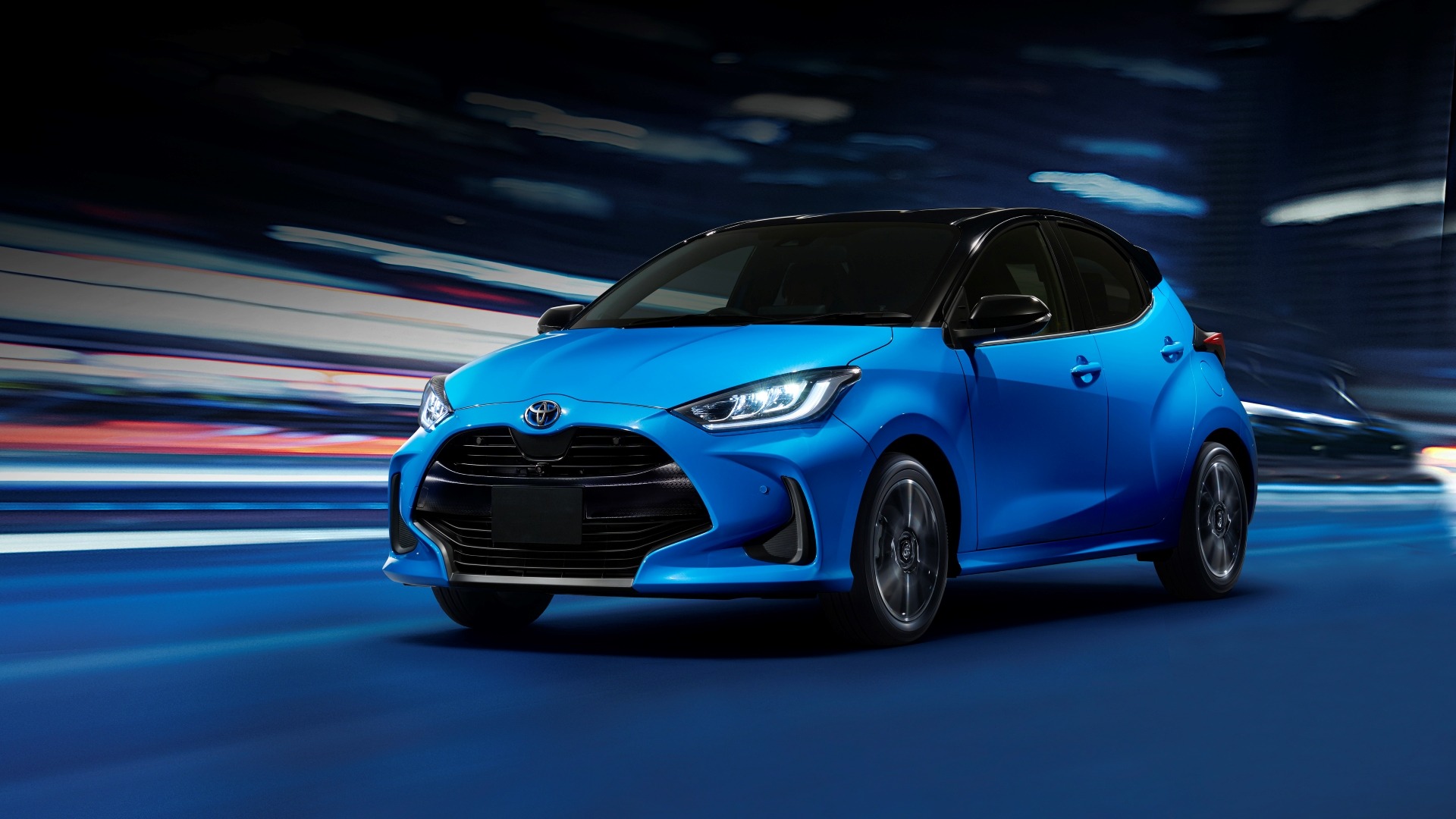Toyota Australia has made a significant move in its vehicle lineup strategy, discontinuing petrol variants of its popular Corolla and Yaris hatchbacks. Effective immediately, the only available powertrain option for these models will be a petrol-electric hybrid.
This decision reflects shifting consumer preferences away from traditional petrol-powered vehicles towards more fuel-efficient alternatives.
The shift to hybrid-only powertrains means that the base price for these models has increased substantially. Previously, customers could access a new Toyota hatchback for less than $30,000, but now, with the petrol versions phased out, the entry-level price for both the Yaris and Corolla hatchbacks exceeds $30,000 before on-road costs.
For the Yaris, once known as the most affordable Toyota in Australia, the base price now starts at $30,190, representing a significant jump of $5,390 compared to the now-discontinued petrol Ascent Sport variant.
Similarly, the Corolla hatch range now begins at $32,110 before on-road costs, up from the previous base price of $29,610 for the petrol Ascent Sport hatch.
Despite this change, it’s worth noting that the GR Yaris and GR Corolla will continue to be offered exclusively with turbocharged petrol powertrains, catering to enthusiasts seeking high-performance options. The hybrid powertrains in both the Corolla and Yaris offer impressive fuel efficiency compared to their petrol counterparts.

The Corolla features a 1.8-litre petrol hybrid engine generating 103kW of power and achieving a claimed fuel consumption of 4.0L/100km on the combined cycle, while the Yaris utilizes a 1.5-litre petrol hybrid engine producing 85kW of power and delivering a claimed fuel consumption of 3.3L/100km on the combined cycle.
This decision to discontinue petrol variants of the Yaris and Corolla hatchbacks follows the trend set by other Toyota models in Australia, including the C-HR and Yaris Cross SUVs, which have also transitioned to hybrid-only powertrains.
Toyota has announced that the next-generation Camry sedan will be available exclusively as a hybrid in Australia.
While some may speculate that this move is a response to impending government regulations, Toyota Australia’s vice president of sales and marketing, Sean Hanley, emphasized that the decision is primarily driven by evolving consumer preferences rather than regulatory pressures.
Nevertheless, Toyota has advocated for supportive measures from the government to facilitate the transition to new vehicle technologies, including incentives, consumer support mechanisms, and investment in infrastructure.
In its submission to the Federal Government, Toyota has called for differentiated CO2 emission targets for passenger vehicles and larger SUVs and utes to ensure that the regulatory framework aligns with the diverse nature of the automotive market.
This move underscores Toyota’s commitment to sustainability and its proactive approach to addressing environmental challenges while meeting consumer demand for efficient and innovative vehicles.

